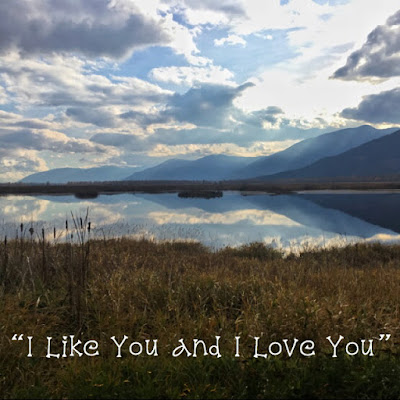As
the news of legislation expanding
the parameters of abortion in the state of New York (Jan 22, 2019),
a cry of grief and disgust of many is heard, and rightfully so. But friends,
let’s not get stuck in a place of grief and disgust! Being a voice for the
voiceless is more than expressing our disapproval on social media and showing
up to a protest. We wrestle not against flesh and blood, but against
principalities. Wisdom from above is foolishness to earthly philosophy. (1
Corinthians 3:19) Hearts are changed by God. We need to be praying and fasting
for a release of God’s love, His strategy, His creativity, and His
justice.
We
should be asking, “what is MY call to action?” I’m going to give you a little
warning, it may quite possibly be outside your comfort zone. It might be
costly. If we earnestly seek Him, He will show us, but we need to be willing to
hear things we don’t want to hear, and be willing to be obedient anyway.
If
you don’t have a practice of praying and fasting, I suggest you seek God on a
place to start. He will show you. There are some great resources out there with
practical instruction and guidance (The Celebration of Discipline is one of my
favorite) but none parallels the wisdom God will give you when you seek Him. I
don’t like fasting, but it gets me to a place of humility and tenderness
towards God’s heart that I so sorely need!
Our
first call might be to our own healing. How can we bring the Love and Light of
God if our own brokenness has filled us with anger, hatred, criticism, and
shame? This may be a long and hard and pain-filled process. Lean in. He
is a good Father, He is faithful and loves us way too much to leave us in our
brokenness. But, He is also a gentleman. He won’t force healing on us, we need
to come to Him. We don’t want to come to the time that God is calling us to action
only to find we are in disrepair and unable. It is easier to focus on the brokenness outside us
instead of the brokenness within us. Let’s be willing to do the hard work and
go to the uncomfortable places to be in a place of readiness.
Maybe
God has broken your heart for these voiceless children, but He is calling you
into your personal healing first. Trust Him. We need discernment to know what
battles we are called to engage in, and which we are to wait on. King David
inquired of God if he should chase after the raiders that pillaged his home. He
WAITED until he got the go ahead, and God have him the victory (1 Samuel
30:1-8). Be sure you are equipped and called to the battle before rushing in.
Deuteronomy 20:5-9 gives instruction on who should not go into battle. In verse
8 it says, ”’Is there any
man who is fearful and fainthearted? Let him go back to his house, lest he make
the heart of his fellows melt like his own.’” (ESV)
God
will give us His wisdom, His boldness, and His strategy, through the Holy
Spirit. Yes, we wrestle not against flesh and blood, but we should be seeking
and listening to the Holy Spirit as to what actions He has for us in the
practical. Being a voice for the voiceless may mean getting over your
squeamishness in talking to your kids about sex and sexuality in a biblical and
redeemed way. It may mean having repeated verbal conversations, pointing out
right behavior and error, showing our young people they are valued apart from
sexuality, and that it doesn’t define them, and modeling in our own words and
actions!
It
might include talk about celibate sexuality; how we can express and cultivate
our connection to God and others through creativity, and community, and
compassion. How many people know that the ONLY foolproof way of avoiding
unwanted pregnancy is abstinence? Yet, it’s not presented as a reasonable
option because we have been conditioned to believe we are slaves to our
appetites. (Another benefit of fasting, is FEELING hungry, and not acting on
it. This is a potent lesson that we don’t need to be ruled by our appetites of
both food and other desires.) I pray
God will release and lead me to write more on this topic in the future because
there is such a void in this area. As a single woman in my mid 30’s, “wait
until marriage to have sex” sounds like a call to white knuckle it for an
undetermined amount of time. No wonder no one wants to talk about it as a
legitimate option! That sounds awful. And it IS an awful place to be without a
better dialog. Choosing to not engage in sexual relationships does not mean I
cease being a sexual being. Part of the better dialog is discovering and
pouring in to the aspects of connection, community, creativity, and compassion
that God is calling me to. These are uncomfortable topics to write about and
reveal for others to read, even as I wrestle through on my own journey, but
it’s needed.
May God release strategy for
ways to extricate the roots, and not allow us to get so caught up and
distracted with the fruit. We can easily weary ourselves trying to manage the
fruit of the issue instead of bringing the ax of His strategy to the root of
the problem. Lord help us.

